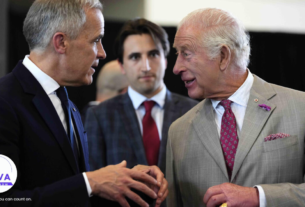London Mayor Sadiq Khan has issued a strong warning to ministers against policies that risk creating division between towns and cities. Speaking during his State of London address, Khan expressed deep concern over the capital being left out of the recent national spending review, despite its significant contribution to the UK economy.
Khan emphasized that poverty and deprivation are not confined to any one part of the country. He highlighted areas such as Newham and Lewisham in London as examples of communities that face real hardship, urging the government to allocate resources based on need rather than geography or political messaging.
London, which contributes nearly a quarter of the UK’s GDP, received no new infrastructure investment in the review, prompting criticism from City Hall. Khan argued that this approach could hinder national progress by weakening the economic engine that supports growth and jobs across the country.
He pointed to major projects such as the Elizabeth Line and the proposed Docklands Light Railway (DLR) extension to Thamesmead, which have not only transformed parts of the capital but also supported thousands of jobs throughout the UK. Khan praised Labour’s recent funding boost for Transport for London but called for a more consistent national approach that recognizes London’s central role in the wider economy.
The mayor’s comments reflect broader tensions around the government’s “levelling up” agenda. Critics argue that it sometimes positions investment in northern and regional areas as a zero-sum game that excludes London, rather than pursuing a truly balanced and inclusive economic strategy.
Khan concluded his address by urging ministers to focus on policies that unite rather than divide. He argued that London’s success is not a threat to other regions but an essential part of Britain’s collective prosperity. As the country looks toward future infrastructure and economic plans, Khan called on national leaders to avoid framing investment as a competition between communities and instead ensure that no area, urban or rural, is left behind.




